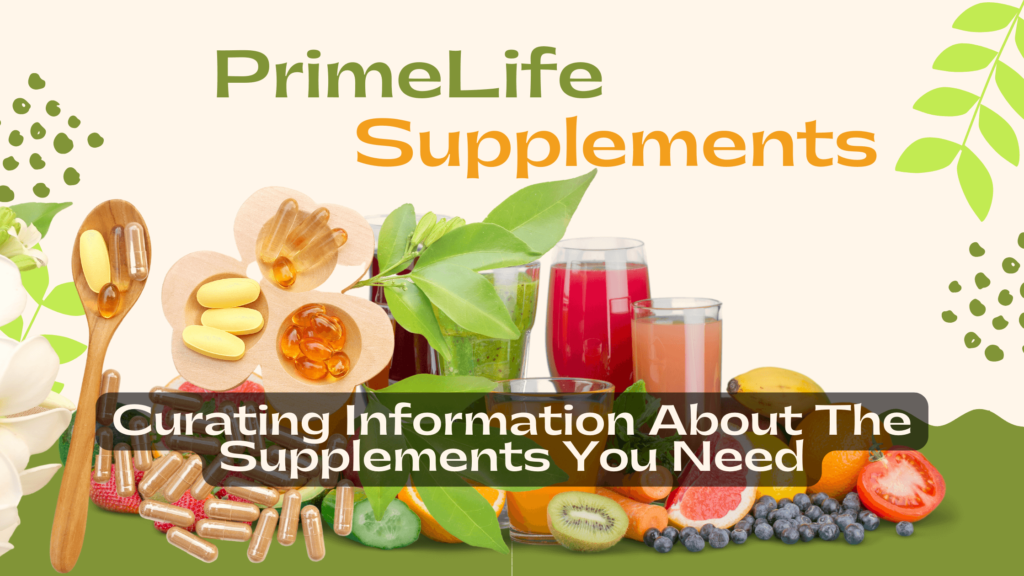Dr Peter Walsh is a Melbourne GP who works with patients to help reverse T2DM, hypertension, dyslipidaemia and infertility caused by PCOS through the clinical application of ketogenic diets. As well as his Bachelor of Medicine and Bachelor of Surgery, Peter has a PhD in molecular and cell biology and has a deep understanding of the physiology of carbohydrate restriction. He has worked remotely as a GP and in hospital roles in emergency departments, obstetrics and surgery.
Dr. Walsh recently won an award with the Royal Australian College of General Practitioners (RACGP) and is known for his frontline work in the COVID-19 pandemic response. A co-founder of www.covidgp.com.au he was also a member of the establishment team of First Peoples' Health and Wellbeing, a new, independent Aboriginal health service in Melbourne. Peter's expertise is sought after by Government led expert advisory groups, Royal Commissions and clinical advisory committees.
Please consider supporting Low Carb Down Under via Patreon. A small monthly contribution will assist in the costs of filming and editing these presentations and will allow us to keep producing high quality content free from advertising. For further information visit;

4 responses to “Dr. Peter Walsh – ‘Polycystic Ovarian Syndrome – Type 4 Diabetes’”
How about endometriosis? I bet the carbs and sugars also have something to do with that. Just like it seems to be with erectile dysfunction too, doesn’t it? And also conditions like preeclampsia, gender dysphoria, as well as many mental illnesses like schizophrenia, they all seem to have this similar underlying cause. I would also argue that anyone eating processed carbs, which often contain wheat and dairy products, are at least semi-addicted to those things since they apparently have proteins in them which act on the brain in a similar way to hard drugs. So that means pretty much everyone. If we recognise this, that changing diet in general means dealing with addiction, we would realise that to help people have success at moving away from the things they’ve been eating that makes them ill, some people will just about need to go into some form of rehab to physically prevent them from having access to those things for a short period of time while they withdraw. It may be a shorter process than coming off harder drugs, but some kind of support may be needed none the less. Especially as people who have these conditions are likely also suffering emotionally, as you say, and addictive foods are often used for comfort. Those who are gravely ill may be motivated enough by that to stay away once they realise what the poisons on our plates are. It’s a shame the cost of high quality animal proteins vs low quality processed carbs makes eating well almost prohibitive for a portion of the population.
You carn arve rabbit! I consider myself pretty well educated but, at the rate you’re taking, I don’t think too many women will understand half of what you’re saying. They might get the surface of the cream but that’s all.
My DIL has PCOS and the doctor prescribed Metformin for her but did not really talk to her about her diet. I had already recognized that she was on her way to diabetes. I was not surprised that the doctor prescribed Metformin for her even though I did not know that it was prescribed for PCOS. I thought the doctor was treating her for pre-diabetes.
I really wanted to hear what this speaker had to say about PCOS and diabetes but he spoke so fast and I couldn’t understand his English. I even tried turning on subtitles. 😥
What happens at perimenopause and menopause for women with PCOS?